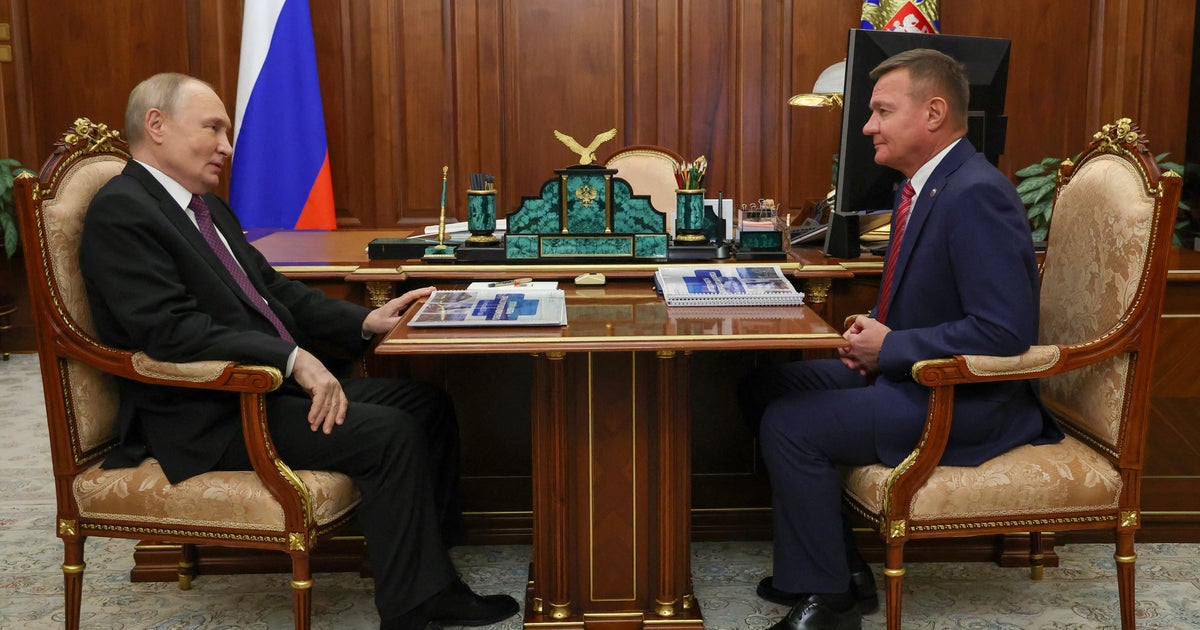Trump Responds to Iran's UN Gambit: Demanding US Pay for Strike Damage!

Former U.S. President Donald Trump has fired back at claims made by Iran suggesting the nation might leverage the United Nations to compel America to compensate for damages resulting from recent strikes. This follows a letter penned by Iranian Foreign Minister Abbas Araghchi to UN Secretary-General Antonio Guterres, demanding that both the United States and Israel be held accountable for the escalating tensions and recent 12-day conflict between Israel and Iran.
Araghchi's letter, a bold move in international diplomacy, seeks to shift the blame for the ongoing instability onto the U.S. and Israel. It argues that their actions have directly contributed to the regional turmoil and that they should bear the financial burden of any resulting damage. The letter was a clear attempt to garner international support and potentially initiate legal or diplomatic action against the U.S.
Trump, never one to shy away from a strong response, quickly weighed in on the situation. He criticized the Biden administration's perceived weakness in dealing with Iran, suggesting that allowing Iran to dictate terms at the UN would be a sign of appeasement. “They want to make us pay for their failures?” Trump reportedly stated, echoing a sentiment of defiance and asserting American strength. He implied that any attempt to force the U.S. to pay would be met with firm resistance.
The situation highlights the complex and fraught relationship between the U.S., Iran, and Israel. Iran's actions within the UN represent a significant escalation in its efforts to delegitimize the U.S. and Israel on the world stage. The 12-day conflict served as a backdrop to this diplomatic maneuver, underscoring the urgency and volatility of the situation.
Analysts suggest Iran's move is a calculated attempt to exploit existing tensions and divisions within the international community. By framing the issue as a matter of financial compensation, Iran hopes to garner sympathy and potentially pressure the U.S. into concessions. However, the U.S. is likely to resist such demands, viewing them as an affront to its sovereignty and a sign of Iranian aggression.
The Biden administration has yet to issue a comprehensive response to Araghchi’s letter, but officials have indicated that they are taking the matter seriously. The situation is being closely monitored, and diplomatic channels remain open. However, the prospect of Iran using the UN as a platform to extract financial compensation from the U.S. remains a contentious and potentially destabilizing development.
Ultimately, Trump's reaction underscores the enduring impact of his foreign policy approach and the continuing challenges facing the U.S. in navigating the complex landscape of the Middle East. The future actions of both Iran and the U.S. will be crucial in determining the stability of the region and the trajectory of U.S.-Iran relations.





